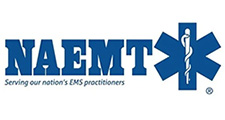
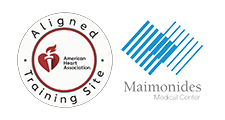

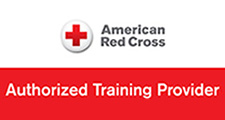
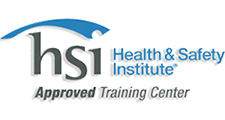
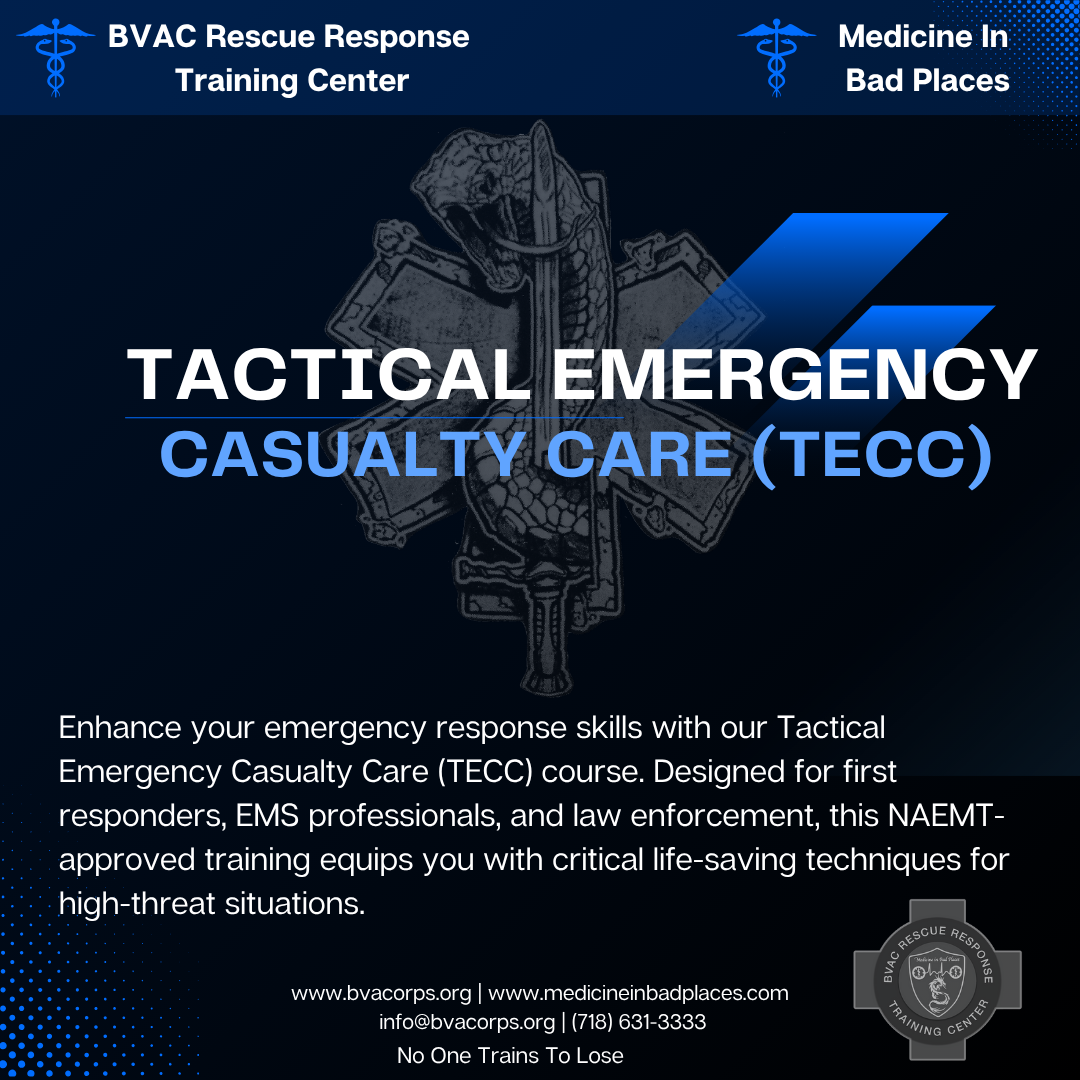
Tactical Emergency Casualty Care (TECC) Course Overview
The NAEMT Tactical Emergency Casualty Care (TECC) course is an advanced training program that addresses the unique challenges faced by first responders and medical personnel in tactical and high-risk environments. Designed to enhance the preparedness and capability of healthcare professionals, particularly those operating in law enforcement, military, and other tactical settings, TECC equips participants with the knowledge and skills needed to provide life-saving medical care under the most demanding and hazardous circumstances.
The primary goal of the TECC course is to ensure that medical responders are well-prepared to address injuries and casualties in situations where standard medical protocols may not apply.
Who Should Attend
TECC is perfect for:
What You’ll Learn
By the end of this course, you’ll know how to:
Key Topics
Course Highlights
Certification
Complete the course to earn an NAEMT TECC certificate, valid for 4 years, plus continuing education credits (CEUs).
Course Duration
Why Choose TECC?
TECC gives you the skills to save lives when seconds count. Whether it’s a natural disaster, an active threat, or another high-risk emergency, this course prepares you to act decisively and make a difference.
| Event Date | 09-06-2025 9:00 am |
| Event End Date | 09-07-2025 5:00 pm |
| Cut Off Date | 09-05-2025 |
| Capacity | 16 |
| Individual Price | $475.00 |
| Location | BVAC Rescue Response Training Center |
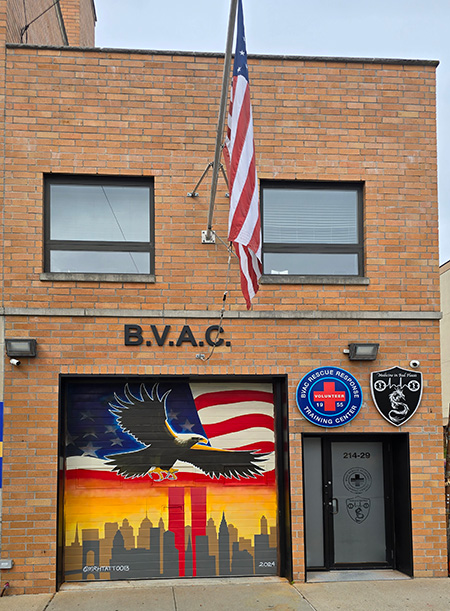
BVAC Rescue Response Training Center
214-29 42nd Ave
Bayside, NY 11361
Located on the Second Floor, No Elevator.
Located in the center of Bayside Queens
1 block east from Bell Blvd on 42nd Ave (Cross streets - Bell Blvd & 214 Place.
Near the LIRR (Bayside Station), Q13, Q31, N20 (Two blocks north of Northern BLVD).
Street Parking - Meter Parking on 42nd Ave
Tactical Emergency Casualty Care (TECC) 2-Day Course AgendaDay 1: Foundational Knowledge and Skills 08:00 – 08:30:
08:30 – 09:30:
09:30 – 10:30:
10:30 – 10:45:
10:45 – 12:00:
12:00 – 13:00:
13:00 – 14:30:
14:30 – 15:30:
15:30 – 15:45:
15:45 – 17:00:
17:00 – 17:30:
Day 2: Advanced Techniques and Scenario-Based Training 08:00 – 08:30:
08:30 – 09:30:
09:30 – 10:30:
10:30 – 10:45:
10:45 – 12:00:
12:00 – 13:00:
13:00 – 14:30:
14:30 – 15:30:
15:30 – 15:45:
15:45 – 16:30:
16:30 – 17:00:
17:00 – 17:30:
This tentative agenda provides a structured yet comprehensive approach to TECC, covering essential knowledge, skills, and practical applications tailored for 2-day, Subject to change. |
Headquarters:
214-29 42nd Avenue
Bayside, New York 11361
Mailing Address:
P.O. Box 610606
Bayside, New York 11361
Phone: + 1 (718) 631-3333
Contact Form
